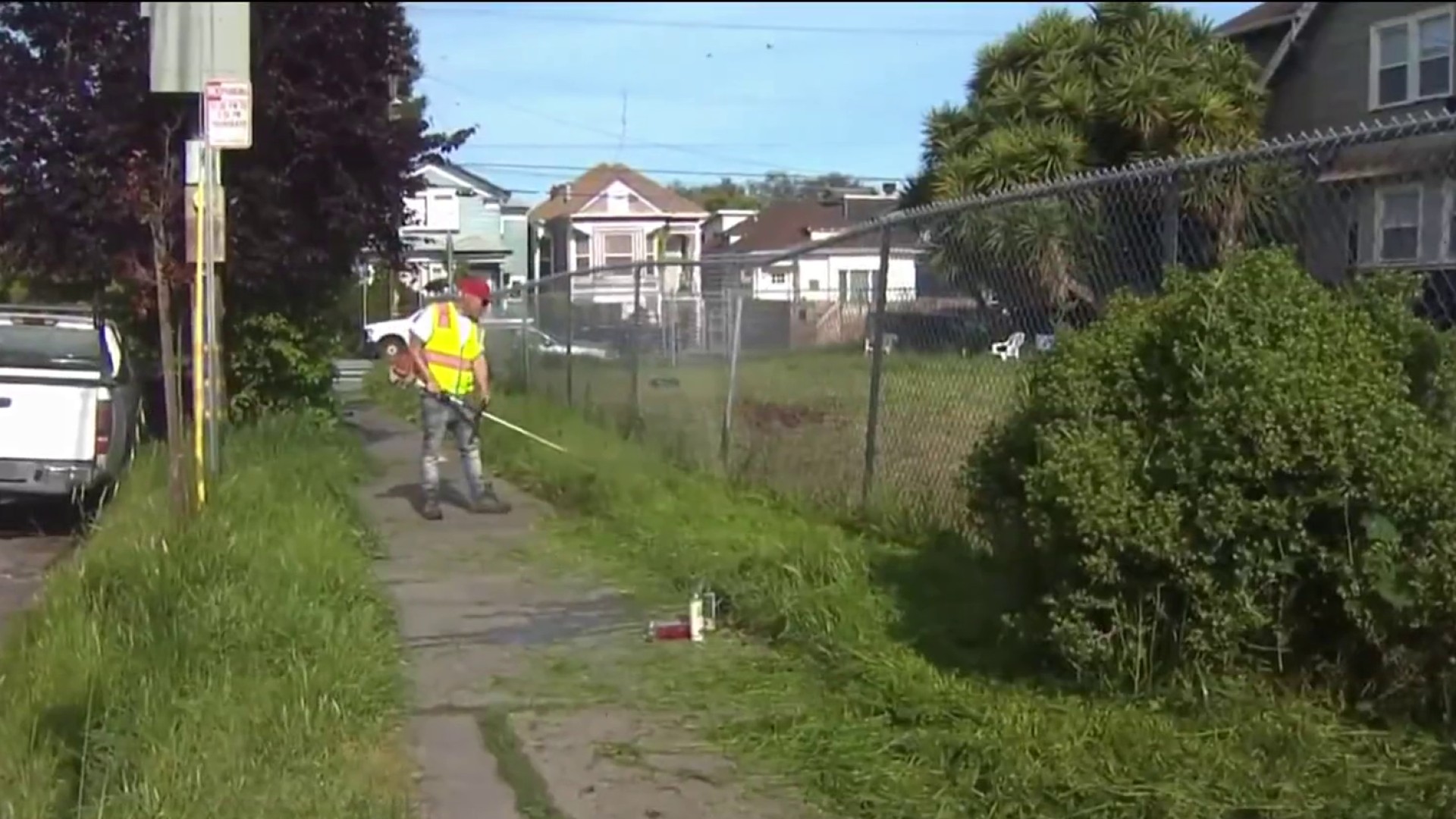In yet another example of the extent to which California's public officials have lost touch with reality, the state legislature has passed a law that prevents public schools from laying off any teachers during the 2011-1012 school year.
On the surface this is a noble act. After all, California has the highest student-teacher ratio in the nation; why would anyone want to see it grow?
The problem, of course, is that the state has once again failed to fund public education anywhere near its needs.
This year's allocation looks to be down about 10 percent from last year's woeful number. The $3 billion owed to public education from years past, well that will have to wait.
It's in this context that schools must balance their budgets--budgets that spend more on teachers' salaries than any other category.
If teacher layoffs are eliminated, that means making draconian cuts in other areas of administration and support, or worse yet, borrowing money school districts have no way to pay back.
Beyond the legislation is the larger issue of the difficulty associated with school district ability to raise funds to overcome the state shortfall.
Under current law, it takes a two-thirds vote in a school district election that would use funds to pay for instruction. Oddly enough, it takes only a 55 percent vote to pass a proposition that would build the classrooms where teachers work.
How strange that we're building all these schools without enough money to adequately staff them!
The answer to this quagmire lies with changing state law to at least allow local voters the right to fund schools through ballot propositions that would pass with reasonable thresholds.
Local
A majority vote would be terrific--after all, it was good enough for Proposition 13 in 1978, the ballot proposition that set up the two-thirds requirement.
But that was in a time when the state was flush with a budget surplus to make up for local district shortfalls, which is hardly the condition today.
Clearly the legislature has the right to make state law on public education conditions and requirements.
But if the state is going to set rules regarding teacher layoffs, districts should at least be allowed to propose local comprehensive solutions that will pass under reasonable circumstances.
After all, while preserving teachers may be laudable, others will have to go. What good will it do if the school can't pay for basics such as electricity or have on-staff plumbers or janitors?
There is no magic wand that will wave away California's financial shortfall.
Legislators should consider another avocation before the public figures out the extent that they have been duped by a clumsy sleight of hand trick



